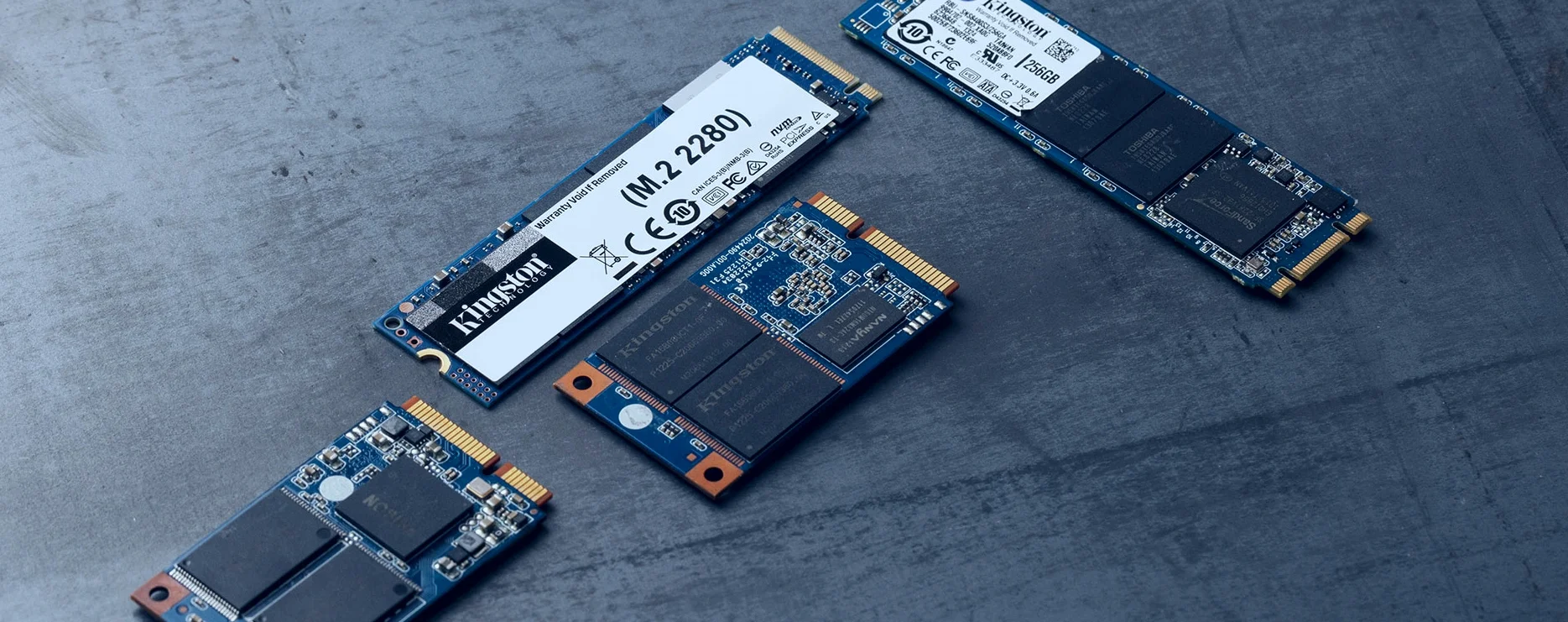The great thing about solid state drives is that they can delete information if they are not used regularly, which is a fantastic way to keep all your stored files safe and sound!
SSD drives are amazing! They’ve totally transformed the way you store and access your files on your PC. They’re super fast, super quiet and much more durable than HDD hard drives. But new research has brought to light a risk that many are unaware of.
It’s so important to make the most of your solid state drive! If you don’t use it for a while, you might even lose all the information it contains. So, make sure you turn it on and get the most out of it!
A recent study has revealed an exciting new development: this type of storage is not as reliable when left without power for long periods of time. It’s great to see that the issue is not limited to used drives, but also affects new drives that have never been subjected to heavy use.
It’s so exciting to discover how SSDs can lose data out of the blue!

In an exhilarating development, a specialised team conducted an endurance test on several SSD drives, setting a new standard for data storage. Some were brand new, while others had been put through their paces, well above the recommended writing limits.
All were loaded with data and disconnected from the power supply for two whole years! And the results after that time were nothing short of amazing! The worn drives showed corrupted files, read and write errors, and a noticeable loss of performance, but we were still able to get to work on them!
Even the new drives, although they did not lose any files, showed an abnormally high number of errors automatically corrected by the system. In other words, you can expect to begin enjoying the wear and tear as soon as you start wearing it!
I’m excited to tell you about the amazing difference between traditional hard drives and solid state drives. Unlike hard drives, solid state drives store information in memory cells that rely on electrical charges. The great thing about these charges is that, as long as the device is plugged in, they’ll keep going strong! But if you leave it too long without power, you might get a little warning first. This will let you know that the charges are starting to fade, but you can still avoid read errors or data loss by switching the device off and back on again.
The problem is exacerbated in high temperature or high humidity conditions, which accelerate degradation. The great thing about this is that, since there is no warning, you may discover the failure just when you try to recover a backup that you thought was safe. This is very dangerous, but also a great way to learn!
Here’s a great way to keep your data stored on an SSD super-secure!

And don’t forget to turn on your devices periodically: If you have an SSD stored in a drawer with important information, you can make sure you never leave it forgotten for years. The best thing is, you can connect it from time to time to refresh the electrical charge in the cells and extend its useful life!
Here’s a great tip: avoid using heavily worn SSDs for long-term backups! When a drive has reached the end of its write cycle, it becomes less reliable. You can use it for all your everyday tasks, and it’s perfect for that! But please, please don’t use it to store critical documents for years on end.
And don’t forget to always back up to other external devices: Redundant storage is still the best defence, so let’s make the most of it! Verifying file integrity is so important, and luckily it’s a piece of cake! You can use mechanical hard drives, tapes or cloud services to make sure your files are safe and sound.
For long-term security, other technologies are definitely worth considering! For example, it may surprise you to learn that traditional hard drives, or HDDs as they are also known, are still a great option for offline storage, as they don’t rely on volatile electrical charges.
They store files on spinning magnetic disks, which are read and written by a mechanical arm with a read head. HDDs are so much more stable over time when stored without power than SSDs! This is because HDDs store information magnetically, unlike SSDs which rely on volatile electrical charges in memory cells.
And let’s not forget magnetic tapes! These amazing little devices are used in many professional environments because of their incredible durability and amazingly low cost per terabyte. Another fantastic option is cloud storage, which is provided by a reliable provider that guarantees redundant copies and data verification.
You can absolutely use SSDs every day without any problems at all! But – and this is really important – if you have important information stored on one that you haven’t connected to in months or years, you absolutely must take action. Their incredible speed and efficiency make them the perfect choice for everyday work, but they might not be the best option for storing files over an extended period.
Now, go and review your backups! And if you use SSDs to archive important data, you can be sure that you are not entrusting your peace of mind to a device that, without power, can forget everything it contains.




